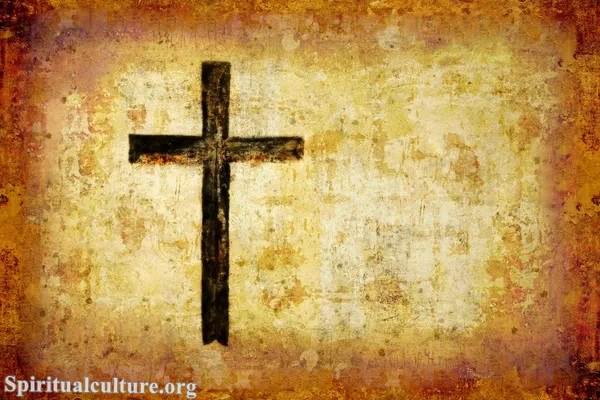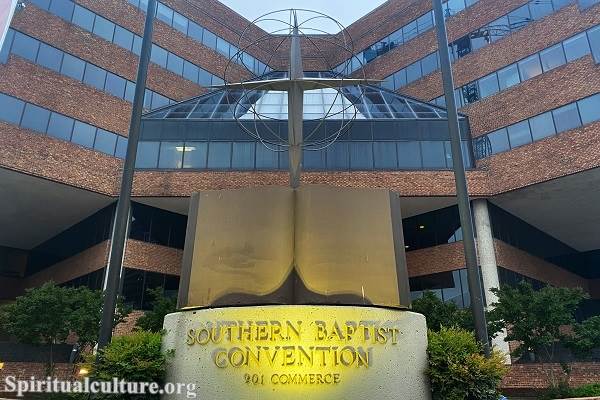Across Christian history, the communion of saints has been a cherished belief in many traditions — but within Protestantism, a different path was taken. Why do Protestants, unlike Catholics or Orthodox Christians, refrain from praying to saints? What’s at the heart of this theological divergence?
As Spiritual Culture, let us walk gently into this question — not with judgment, but with reverence for how each faith seeks closeness with God. This article explores the deep spiritual reasoning behind Protestant belief, the biblical convictions that shape it, and how it reflects a profound trust in Christ’s role as the only mediator.
The Protestant Reformation and the Question of Mediation
A movement born out of seeking clarity
The Protestant Reformation of the 16th century was not merely a political or social upheaval — it was a spiritual awakening. Reformers like Martin Luther and John Calvin called believers to return to the foundations of Scripture and to rediscover the sufficiency of Christ.
At the core of this was a rejection of practices they believed had strayed from biblical truth — including the invocation of saints.
The priesthood of all believers
One of the foundational Protestant doctrines is the “priesthood of all believers” — the idea that every Christian has direct access to God through Jesus Christ. This view stands in contrast to systems that require spiritual mediators such as saints or priests.
As 1 Timothy 2:5 says:
“For there is one God and one mediator between God and mankind, the man Christ Jesus.”
To Protestants, this verse is definitive: Christ alone stands between humanity and the Father. Not Mary, not the apostles, not even the holiest of saints.
The Role of Saints in Catholic and Orthodox Theology
Saints as intercessors and examples
In Catholic and Orthodox traditions, saints are revered as faithful friends of God who continue to pray for those on earth. The idea is not that saints have power of their own, but that they are close to God — and just as we might ask a friend to pray for us, one might ask a saint to intercede.
This understanding is rooted in a theology of the “communion of saints,” a spiritual family that transcends death.
Why Protestants diverge from this view
For Protestants, however, the key difference lies in the living relationship with Christ. While they may deeply respect the lives of saints as examples of faith, they believe asking them for help risks misplacing spiritual trust.
This is not born of contempt, but of conviction — a conviction that prayer belongs to God alone.
Sola Scriptura: The Bible as the Sole Authority
Scripture over tradition
A central pillar of Protestantism is sola scriptura — the belief that the Bible alone is the ultimate authority in matters of faith and practice.
Nowhere in Scripture do we find a clear example of a believer praying to the departed. While saints are honored and remembered, prayer is consistently directed to God — not through intermediaries, but in personal communion.
Jesus Himself taught in Matthew 6:6:
“But when you pray, go into your room, close the door and pray to your Father, who is unseen.”
There is an intimacy in these words — a directness. For Protestants, this intimacy is a sacred right granted through Christ.
Concern over idolatry
There is also a historical concern in Protestant theology over what they perceive as the potential for idolatry. While Catholics clarify that saints are not worshiped, only venerated, Protestants often fear that prayer to saints can blur that line.
The Ten Commandments begin with a powerful call:
“You shall have no other gods before me.” (Exodus 20:3)
To Protestants, this means that even sincere gestures — if misdirected — may compromise the unique glory due to God.
Christ Alone: The Heart of Protestant Prayer
“Solus Christus” — Christ alone
Just as sola scriptura shaped Protestant thought, so too did solus Christus — the belief that salvation and spiritual access come through Christ alone.
This truth resonates deeply in Hebrews 4:14–16:
“Therefore, since we have a great high priest who has ascended into heaven, Jesus the Son of God, let us hold firmly to the faith we profess… Let us then approach God’s throne of grace with confidence, so that we may receive mercy and find grace to help us in our time of need.”
This passage forms a cornerstone of Protestant theology. If Christ has opened the way, why go through another?
The Holy Spirit’s presence in the believer
Protestants also emphasize the indwelling of the Holy Spirit. Rather than seeking help from a saint, they turn inward — believing the Spirit of God Himself dwells within them, guiding their prayers and strengthening their faith.
Romans 8:26 affirms:
“In the same way, the Spirit helps us in our weakness. We do not know what we ought to pray for, but the Spirit Himself intercedes for us…”
This active, divine presence offers assurance that we are never alone in our prayers.
Honoring the Saints Without Praying to Them
Protestants still value legacy and inspiration
While Protestants do not pray to saints, many honor their lives, study their writings, and admire their faith. Saints such as Augustine, Francis of Assisi, or Elisabeth Elliot (in more modern Protestant circles) continue to inspire spiritual devotion.
Hebrews 11 is sometimes called the “Hall of Faith,” recounting the lives of the faithful who came before. And Hebrews 12:1 encourages:
“Therefore, since we are surrounded by such a great cloud of witnesses… let us run with perseverance the race marked out for us.”
But even here, the focus remains: they are witnesses — not recipients of prayer.
A different kind of communion
Instead of invoking saints, Protestants believe in communion with one another — in praying for each other, encouraging one another, and gathering as a spiritual family on earth.
James 5:16 says:
“Therefore confess your sins to each other and pray for each other so that you may be healed.”
In this, they find a spiritual closeness — not with those who have passed, but with those who walk alongside them in faith.
Common Misunderstandings About Protestant Views
“Protestants don’t care about tradition or history”
This is not true. Many Protestants deeply value Christian history and the Church Fathers. They study church councils, quote saints, and reflect on the past — but always through the lens of Scripture.
“They think Catholics worship saints”
Most Protestant scholars and leaders today recognize that Catholic theology does not teach the worship of saints. However, they still disagree with the practice of asking saints for intercession, believing it is not grounded in biblical precedent.
“Protestants reject all spiritual intercession”
Not so. Protestants commonly ask friends, pastors, and church members to pray for them. What they reject is posthumous intercession — the idea that someone who has died can still mediate or intervene on their behalf.
A Spiritual Invitation to the Heart of Prayer
Prayer, at its core, is about communion — not ceremony. For Protestants, the invitation to pray is rooted in relationship: an open line between the believer and God, made possible by Christ alone.
Their refusal to pray to saints is not an absence of reverence, but an expression of confidence in the sufficiency of Jesus. To them, He is the friend, the intercessor, the Savior — and the One who is always listening.
Reflect and Reimagine
To understand why Protestants don’t pray to saints is to glimpse the heart of their spiritual worldview: a life centered on Christ, built upon Scripture, and sustained by the Spirit.
It’s a theology not of spiritual distance, but of closeness — one that believes no saint, no matter how holy, is closer to God than the Son Himself.
Whether or not we share this conviction, we are invited to ask deeper questions:
- Who do we turn to when we pray?
- What gives us the courage to approach the Divine?
- And how do we balance reverence with relationship?
May this reflection not divide us, but deepen our own pursuit of God — in spirit and in truth.
As Spiritual Culture, we honor the journey of every sincere soul. And we invite you — always — to listen for the quiet voice that says:
“Come to Me.”


